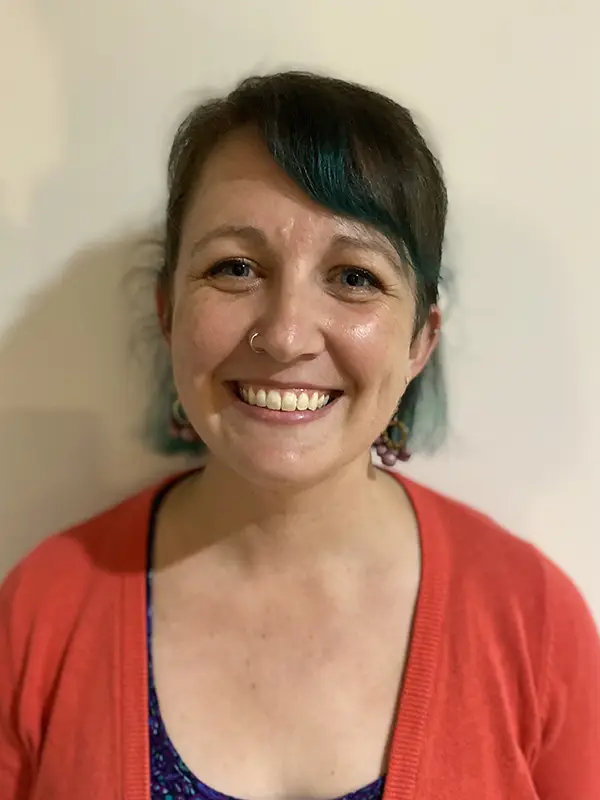I am a 2024 Knauss Fellow and recently finished my PhD in Biology studying coral physiology and energetics at the University of Alabama at Birmingham (UAB). I am the main point of contact for OAP’s international activities. I serve as a Global Ocean Acidification Observing Network (GOA-ON) Secretariat, coordinating international activities/partnerships. I am the focal point for the North American, Caribbean, Pacific Islands, and Latin American GOA-ON hubs. I track ocean acidification (OA) international activities and represent OAP’s equities in international meetings, finding opportunities for engagement and overlap. I provide support for early career professionals in OA via Pier2Peer and International Carbon Ocean Network for Early Careers (ICONEC) and advocate for capacity building efforts within GOA-ON regional hubs.
Contact me about:
- GOA-ON and Regional OA Hubs
- International Engagement and Coordination
- Pier2Peer
Email: elise.keister@noaa.gov



